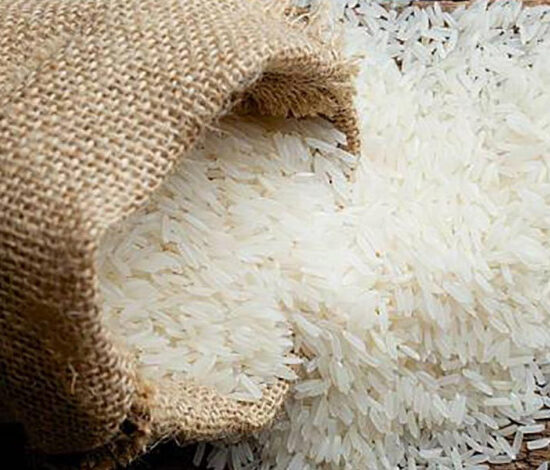
The Grain Traders Association of Zambia – GTAZ has disclosed that there is always a deficit of wheat production in the country which is normally supplemented by imports.
The Association has challenged local farmers to increase production to satisfy the local market and make Zambia to become a net exporter of wheat. GTAZ President Chambila Simwinga said local farmers offload the wheat and sell the produce in US dollars.
It is this dollarized trading that results in the fluctuating prices on the local market where produce like flour are then sold in Kwacha. The dollar trading is currently affecting the cost of production and resulted Market prices in Kwacha due to the fluctuation of the exchange rates.
Speaking in an exclusive interview with Zambian Business Times – ZBT, Simwinga said imported wheat tends to become expensive due to import taxes that range from 5% to 15%. There is also transportation and logistic costs that come with imported wheat and wheat products.
“There is always a deficit every year and that’s when we sit and agree to say, let’s allow imports. The importation of wheat has been allowed at the moment but it lands at a higher price and local producers sell it at about US$430 per tonne”, he said .
Simwinga said there is a reasonable number of commercial farmers that grow wheat but the biggest challenge is the cost of inputs. Most of the inputs that are used are imported into Zambia and as a result of high inflation and depreciation of the Kwacha, the cost of inputs is always a challenge.
“Wheat farming is not like growing maize, it is capital intensive or required higher investment to some extent. This is because most of the wheat is not rainfed, it is irrigated and irrigation of a large farm is not a cheap exercise”, he said.
Simwinga added that there is no stability in terms of fiscal policies to back wheat production, so that also affects wheat farmers in terms of production.
Analysts have called for inclusion of wheat in the strategic and backed crops in Zambia due to the high consumption rate of bread especially in cities and towns of Zambia. If wheat production is expanded and backed by strong Agro policies, the cost of living can be reduced through making bread and other wheat breakfast products cost effective.







